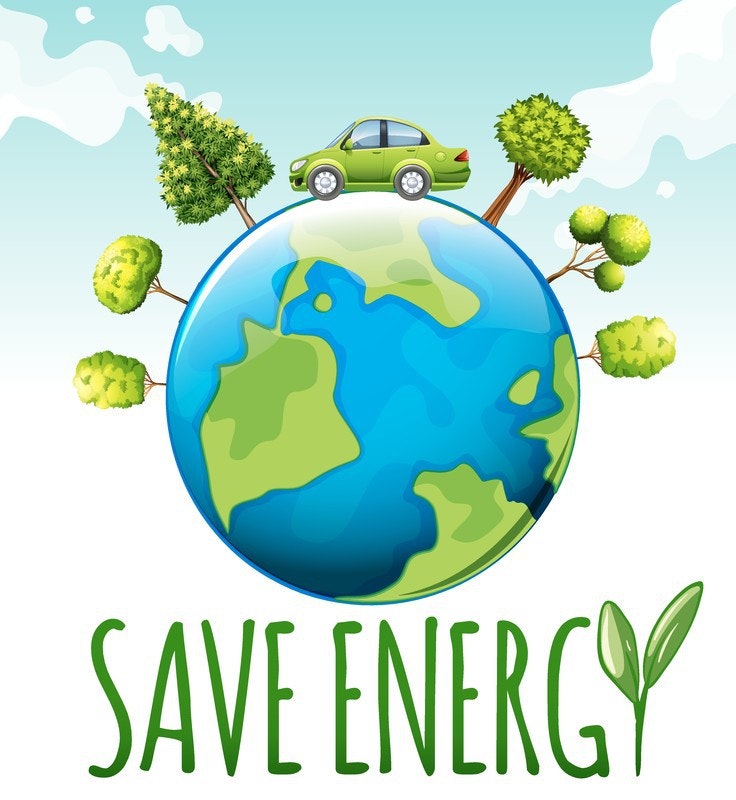State Water Resources Control Board Reminding Everyone to Conserve Energy This Labor Day Weekend

This is a message from the State Water Resources Control Board.-
The Governor has declared a state of emergency in connection with the extreme heat and impacts on electricity. The California Independent System Operator (CAISO) issued a statewide Flex Alert calling for voluntary electricity conservation from 3 PM to 9 PM Saturday, September 5 through Monday, September 7 to help reduce power demands within California while prioritizing public health and safety. Without conservation, the state will likely experience additional rolling system outages. The State Water Board is asking all public water systems/wastewater systems to consider what extra steps you may take to reduce your power use during flex alerts, while maintaining essential water/wastewater service.
We are also asking water/wastewater systems to reach out to your customers and remind them of the need to reduce energy use this holiday weekend. Social media messages from CalEPA and the State Water Board can be re-posted and shared. The following can be used when communicating with your customers:
Adjust Your Thermostat
During peak hours or when you are not home, remember to set your thermostat at 78° (degrees) or higher. Setting your air conditioner 5 degrees higher can save up to 20 percent on cooling costs.
Pre-cool your home by running air conditioning at 72 degrees in the early part of the day (when it is more efficient) then turn your system to 78 degrees or higher during the hottest part of the day when demand is the highest.
Use smart or programmable features to help maintain energy savings when you're not home.
Close Windows and Doors
Keep windows and doors closed to prevent the loss of cooled or heated air.
On summer nights, open windows to let cooler air in when safe. In the morning before the day starts to heat up, close windows and blinds to keep warm air out.
Tilt blinds up and close drapes and shades on windows that receive direct sunlight.
Smart Energy Use
Turn off unnecessary lighting and use task or desktop lamps with LEDs instead of overhead lights.
Enable "power management" on all computers and turn off when not in use.
Unplug phone charges, power strips (those without a switch) and other equipment when not in use. Taken together, these small items can use as much power as your refrigerator.
Access and Functional Needs
Check in on neighbors, friends and family who may be at risk.
Charge medical devices in off hours and have back up plan for if the power goes out.
In addition to traditional community support channels, individuals with access and functional needs should reach out to local government for assistance.
Contact local utilities companies if you are dependent on power for assistive devices.
Major Appliance Use
Postpone using major appliances like the oven, dishwasher, clothes washer, and dryer until cooler times of the day to avoid heating up your home.
Run your dishwasher and clothes washer only when full. Wait until after 9 p.m. to use these and other major appliances.
When possible, wash clothes in cold water. About 90 percent of the energy used in a clothes washer goes to water heating.
Clean or Replace Your Filters
A dirty filter forces your air conditioner and furnace to work harder, wasting money, using more energy or natural gas.
Adjust Your Water Heater
Turn your water heater down to 120 degrees or the "normal" setting. Water heating accounts for about 13 percent of home energy costs.
Conservation Programs